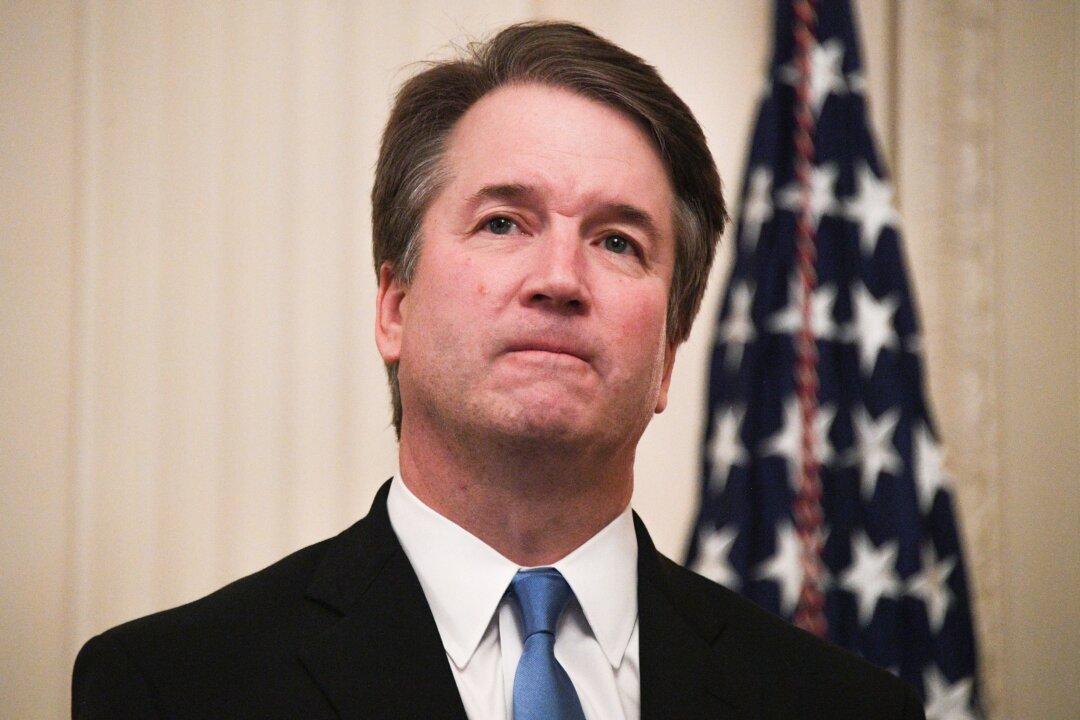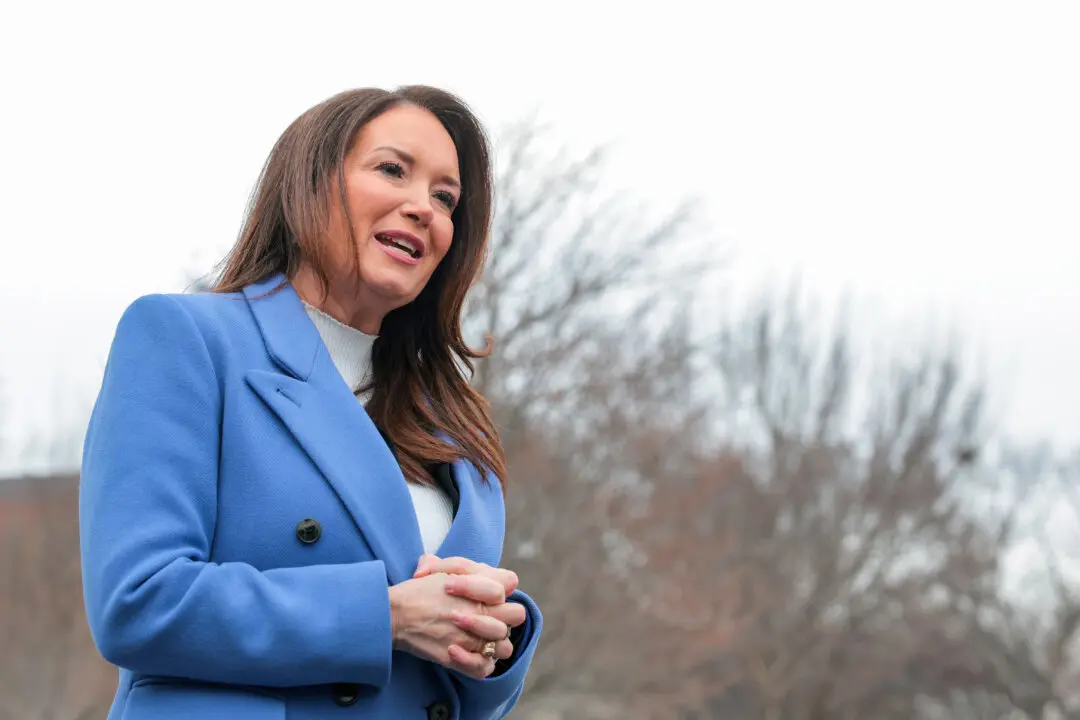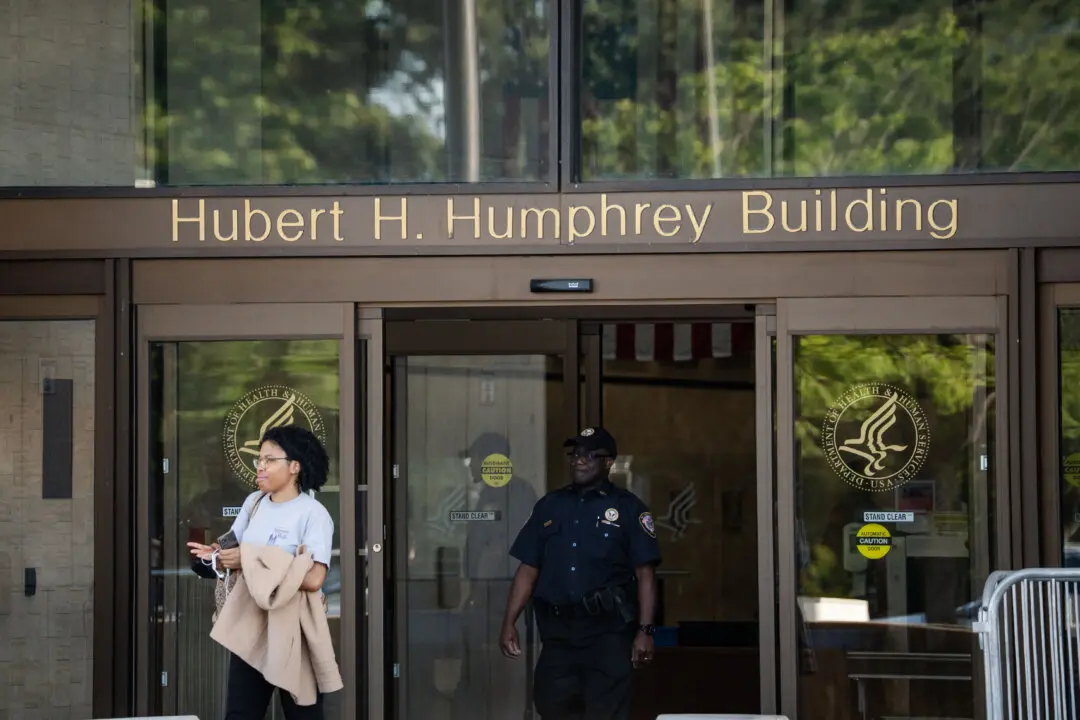New York Times reporters Robin Pogrebin and Kate Kelly have blamed editors for leaving out of a story crucial information that undermined an allegation against Supreme Court Justice Brett Kavanaugh.
However, the same day they made that assertion, they gave an on-air interview about the story without noting the information.





